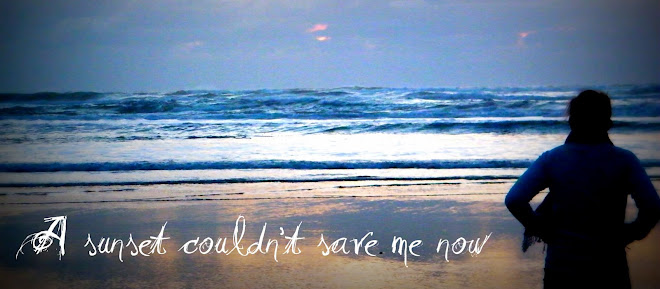Doing what I do for a living the use and meaning of words is something I end up discussing often (and usually not because I bring it up). Two words I've used lately that caused some discussion are "snarky" and "minion." So, as I like to do every chance I get, I'll share with you the Webster's definition for the two words in the context in which I used them:
Snarky: sarcastic, impertinent, or irreverent in tone or matter
Minion: a servile dependent, follower, or underling
And you have to admit, snarky and minion are cool words, and I bet they aren't as bad as you thought they were. I also love that when you use the word "snarky" you are likely being snarky yourself. Two words often discussed and debated when I was in college were "swanky" and "smarmy." (There must be something about words beginning with s and ending in y.) You know what comes next:
Swanky: characterized by showy display: ostentatious
Smarmy: of low, sleazy taste or quality
For example, we decided that drinking leftover champagne out of Dixie cups in our empty apartment after graduation was swanky. "Smarmy" often applied, and often correctly, to particular persons. "Swanky" has lost some of its charm for me, but I should use "smarmy" more often, because you know many opportunities will present itself.
A blog entry on this topic could go on forever. I will leave you with this advice: look it up; it often doesn't mean what you think it does. I will also leave you with the correct pronunciation of a few words the pronunciation of which has caused actual arguments. You're welcome.
Caramel: car mel before care a mel
Coupon: cooh pon before q pon (I was wrong about this!)
Elementary: element air e before elemen tree
Syrup: sir up before sear up
Let me know if there are others you'd like listed, either for pronunciation or definition. I will do it with a smile.
Subscribe to:
Post Comments (Atom)


2 comments:
I love looking up words. Dictionary.com is quite helpful, especially when I'm in the midst of paper-writing, but I should use my dictionary more often. My university has a subscription to the Oxford English Dictionary online. It's cool, but you certainly need to have the time to leaf through a whole entry, because it traces all of the definitions of a word over time. Yikes.
When I was in school, I remember I would look up a word every day because I wanted to expand my vocabulary. Eventually I stopped; I didn't have that kind of determination to look up the dictionary every day, but I did learn some new random words like "sylvan." Haven't had the chance to use that one, but it's embedded in my brain just in case.
"Snarky" is certainly misunderstood, but it's the kind of word I like to use if the chance pops up (and I have). Thanks for "caramel"; I'm one of those who would say "care a mel" instead of "carmel." Now other people won't laught at me.
Word.
Ooh Oxford is great, but more to read for fun (haha, kind of). The first online dictionary I always recommend is http://www.merriam-webster.com/. Webster's Collegiate Dictionary has been the dictionary of choice by any publisher I've ever worked with, most likely because both Chicago Manual of Style and APA Publication Manual use it as their dictionary. Bonus: if you buy the dictionary, it comes with a CD-ROM that puts the dictionary on your computer, and is more comprehensive than the online version. It so much quicker to type the word in than have to flip through the book.
When I first started editing, I used to put a mark next to the words I would look up (yes, I stole that from Diane Court from Say Anything. I love Cameron Crowe). I do miss that a little.
Post a Comment